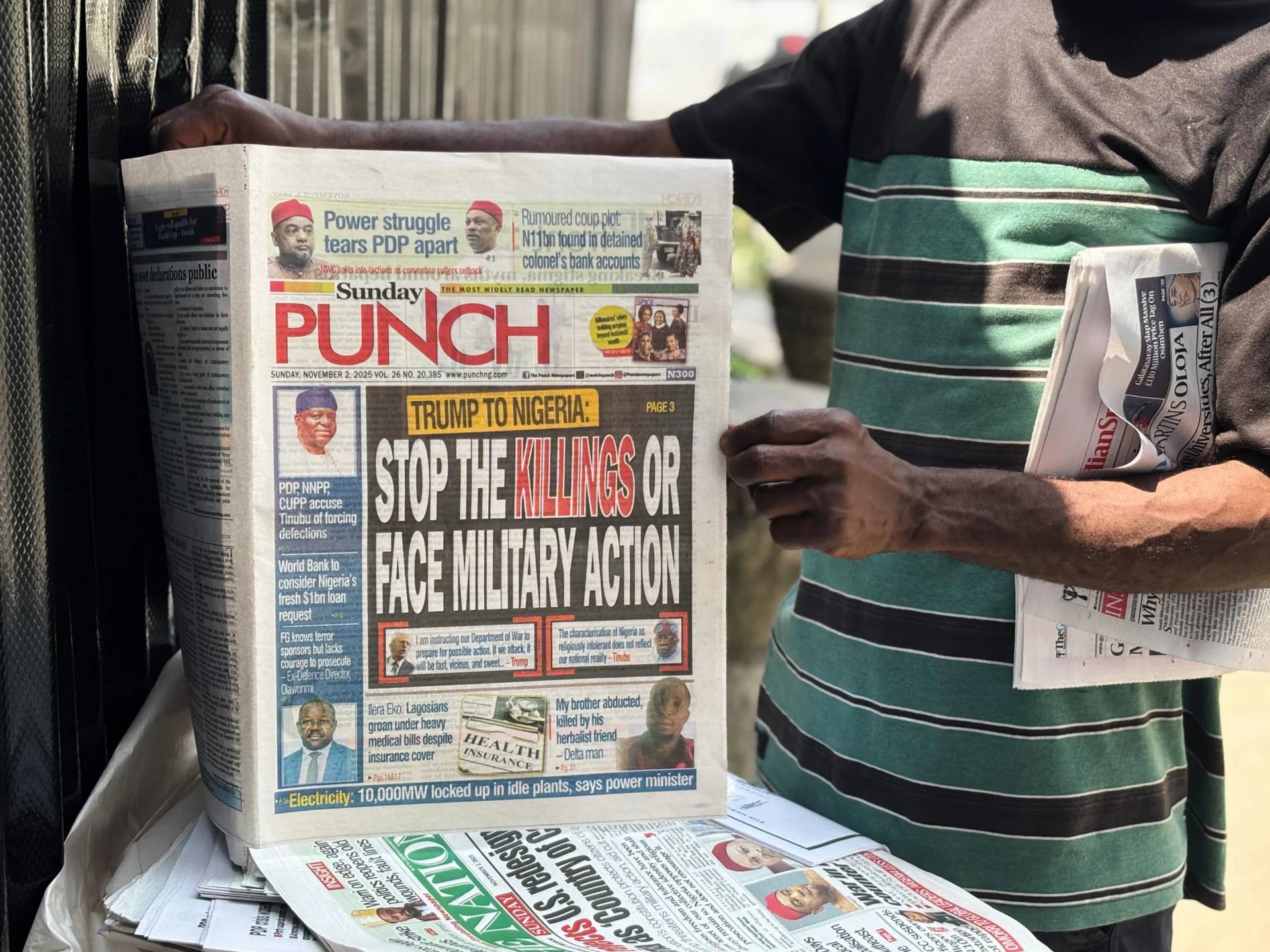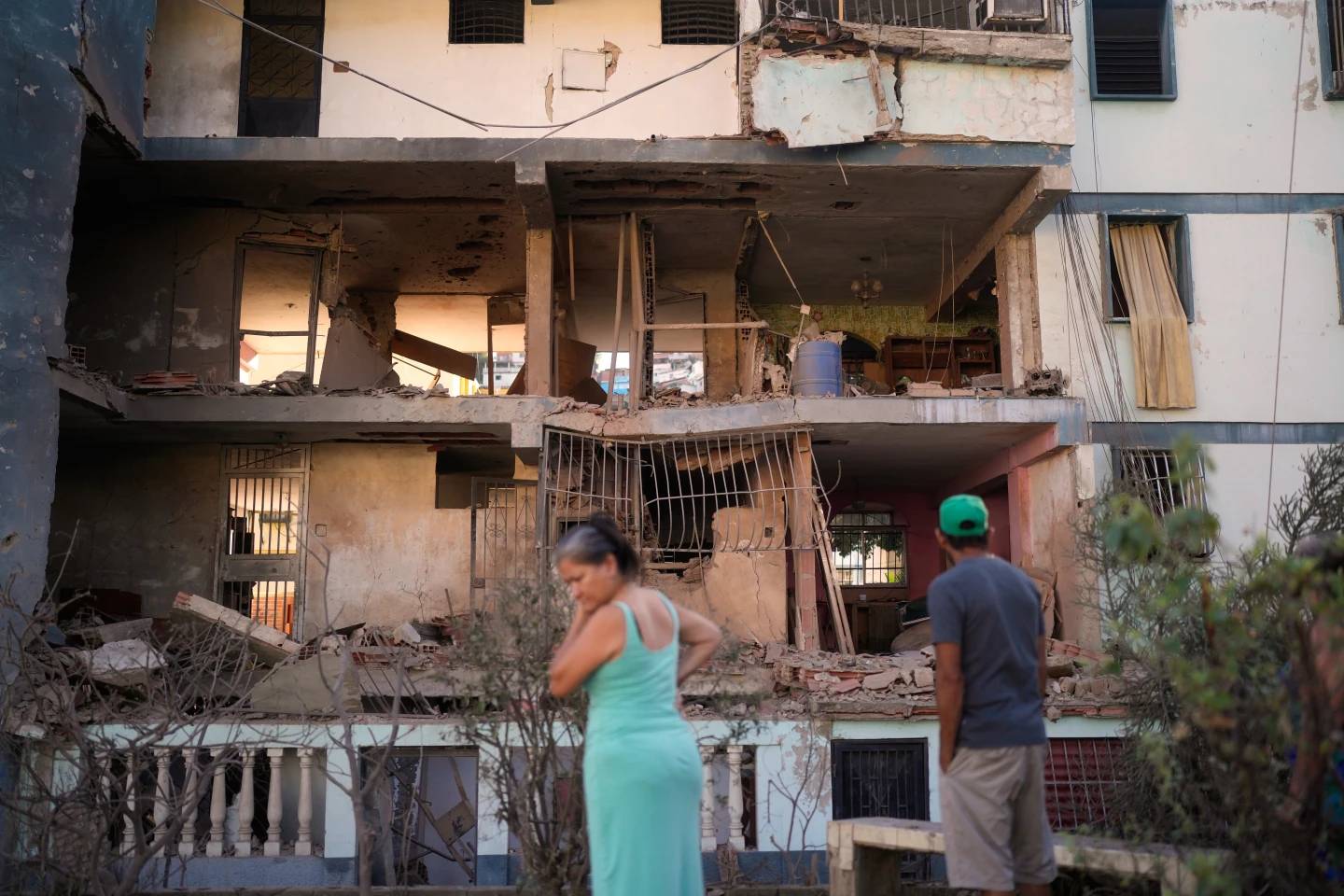ROME – Troubled Venezuela asked people to go to the ballot box again this Sunday, the second time in less than a month they were asked to cast votes: Once by President Nicolas Maduro and once by the National Assembly, the country’s parliament, today in the hands of the opposition.
Unlike last time, the country’s Catholic bishops forcefully rejected both Sunday’s vote itself and its outcome.
Sunday’s vote, which gives Maduro the power to re-write the constitution and govern by decree, has been labeled “illegal” by the opposition, and images coming from Caracas show the stark contrast between those who voted this week and on July 16.
The United States, Canada, Colombia, Mexico, Argentina, Canada, Panama, Paraguay, Spain and Britain have said they won’t recognize the latest vote. Though they don’t constitute a country, the Venezuelan bishops have been as forceful in their rejection of the election.
Cardinal Jorge Urosa Savino, of Caracas, defined the vote as “illegal and invalid,” because it was a call for a constitutional assembly that wasn’t “convoked by the people.”
Urosa also told reporters that the assembly “is far from solving the problems,” and in his opinion, “it would worsen the conflicts in the country.”
RELATED: Vatican’s top diplomat condems attack against Venezuelan cardinal
Almost as if challenging Maduro, who recently said that it’s the bishops, not the Catholic Church, who oppose the constitutional assembly, Urosa said that this is not the case, since even the priests of the peripheries “are against this mechanism too.”
“We the bishops are unanimously against the assembly, and we ask the government to reconsider,” he said.
The Twitter account of the Venezuelan bishops’ conference confirms this. On Sunday, they shared an image of the Virgin Mary with the Venezuelan flag together with a prayer for the country: “Most Holy Virgin, Mother of Coromoto, heavenly Patron of Venezuela, free our homeland from the claws of communism and socialism.”
Virgen Santísima, Madre de Coromoto, celestial Patrona de Venezuela libra a nuestra Patria de las garras del comunismo y socialismo. pic.twitter.com/xF7AC9kD5r
— CEV (@CEVmedios) July 30, 2017
Two weeks ago, during the popular referendum, the same account shared numerous pictures of bishops voting, expressing their solidarity with the people. This time around, however, the content the bishops shared has nothing to do with themselves casting a vote.
For instance, Archbishop Ulises Gutiérrez, from Bolívar, shared several tweets against the process, including an invitation to attend Mass at 10:00 AM and then “take the streets,” with everyone wearing white.
“What happened today confirms what’s always been said: They never won an election, only Chávez first,” he said in a message. “There’s no way to make up what happened today. Fraud.”
RELATED: Venezuelan bishops join the people in protest vote against Maduro
The referendum that took place on Sunday was to elect a constituent assembly that would rewrite Venezuela’s constitution, something the bishops have long opposed. On July 27, they sent out a statement calling it “illegal.”
It is “unconstitutional as well as unnecessary, inconvenient and damaging to the Venezuelan people,” members of the presiding council of the bishops’ conference said in a statement.
“It will be a biased and skewed instrument that will not resolve but rather aggravate the acute problems of the high cost of living and the lack of food and medicine that the people suffer and will worsen the political crisis we currently suffer,” the statement said.
The statement was signed not only by Urosa, but also by Archbishop Diego Rafael Padrón, president of the body, and Baltazar Porras, created a cardinal by Pope Francis last year.
Outside of Venezuela, the Catholic Church is openly supporting the bishops.
For instance, Cardinal Pietro Parolin, the Vatican’s top diplomat and former papal representative in the country, told reporters on Sunday that the pope and the Secretary of State had “tried very hard,” to find a solution to the crisis in Venezuela, one that has to be “peaceful and democratic.”
The Vatican “tried to all without distinction, and demanding each one to face their own responsibilities,” he said.
Parolin acknowledged that one of the reasons behind the Vatican’s hard work on Venezuela was his “affection” that he has for the country, after having lived there. He served as nuncio in the country from 2009 to 2013, when Francis summoned him to Rome.
“It’s always very delicate to intervene in the situations of each country,” he said. “I only hope that the Lord, I think about the reading of Solomon, gives wisdom to all and courage to make the choices that are for the good of that people.”
The cardinal also regretted the number of dead, “they are too many,” and said that in his opinion, there’s no other way out of the crisis but dialogue: “Encounter is needed, talking, but seriously, to find a path.”
During the weekend, and at the urging of the bishops who sent out a statement quoting their Venezuelan peers, every Catholic church in Panama prayed for Venezuela.
Father Arturo Sosa, head of the Jesuit order and who was born in Caracas but currently lives in Italy, spoke with Vatican Radio about the situation in his country: “I would like to join the voices, intentions and positions that the Venezuelan bishops have taken, they are very united among themselves as a bishops’ conference, as are the Jesuits of Venezuela and other men and women in the country.”
“These have been common, very brave positions in this period,” he said. “The priority is to [address] the suffering of the people.”
Venezuela’s chief prosecutor’s office reported 10 deaths in new rounds of the clashes between protesters and police on Sunday. The opposition puts the death toll at 16, while the government of Maduro defined the day as “peaceful.”
Jorge Rodríguez, mayor of Caracas and a member of Maduro’s party, said no one had died during the renewed clashes, and actually laughed when asked about it at a press conference.
According to Rodríguez, Sunday saw “millions of smiles of the people in the streets and the voting centers.” As Maduro before him, the politician said that with the assembly they will dismiss Attorney General Luisa Ortega, a former government stalwart who recently broke with Maduro.
Since the protests began in April, at least 125 people have been killed and nearly 2,000 have been wounded, both civilian and police officers.
According to The Associated Press, across Caracas Venezuelans appeared to be staying away from the polls in a show of protest against the vote. The government claims that 41 percent of the people went to vote, while the opposition puts the number at 12 percent.
After the elections on Sunday, Maduro warned the opposition, saying that many will end “in prison, under the leadership of a necessary justice,” and called for a news network to be investigated, saying that the time for “fake news” is over.
On Monday night, without warning, Maduro had opposition leader Leopoldo Lopez and the former mayor of Caracas, Antonio Ledezma, forcibly taken from their homes by security forces. A video shared by a reporter on the ground shows images of Ledezma being taken in the middle of the night by at least 10 members of the Bolivarian Inteligence Service. At the very beginning on the video, he shouts for help, while a female voice keeps saying “Ledezma is being taken, we live in a dictatorship, Ledezma is being taken.”
















